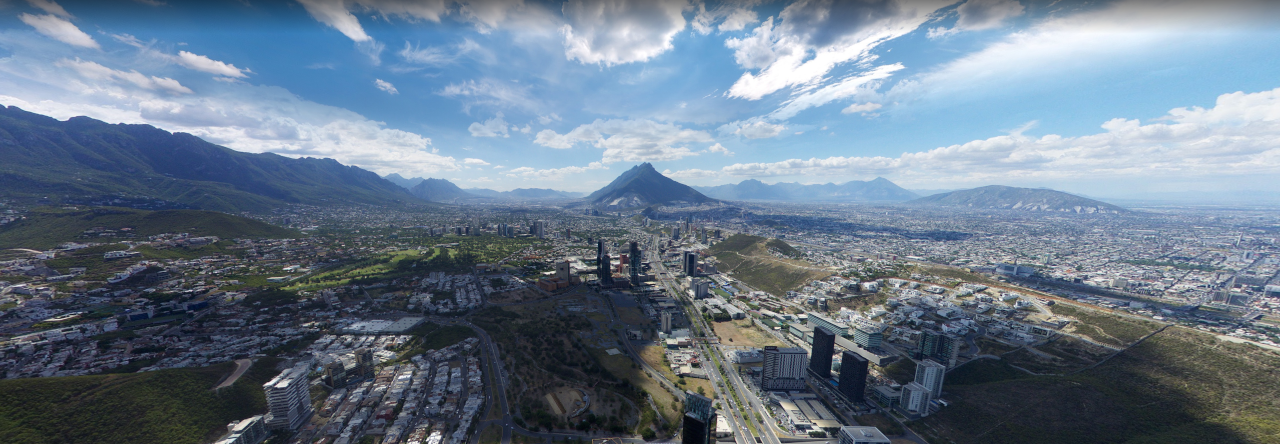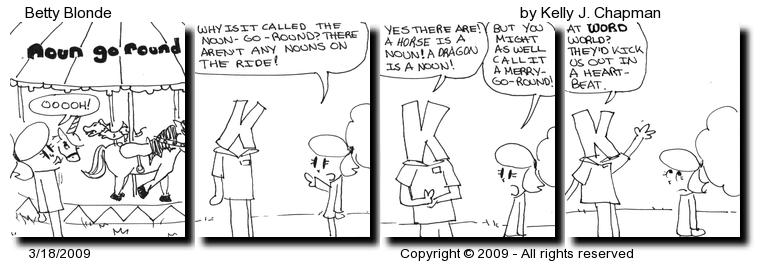It seems like every time one turns around, another neuroscientist has conflated mind and brain. Michael Egnor at the Discovery Institute blog does a great service by calling out the neuroscientific silliness in a NY Times essay by Princeton neuroscientist Michael Graziano. Egnor’s post titled “Are We Really Conscious?”: A Reply to Dr. Graziano’s Brain is a follow-up to Wesley Smith’s post titled Big-Brained Scientist Says We Aren’t Conscious on the same subject. Egnor points out the conflation to Graziano with impressive clarity in his post. He is a skilled neurosurgeon who knows that about which he writes. Here is an excerpt:
The brain’s visual system consists of neurons, axons, dendrites, neurotransmitters, and the like. Protoplasm. Protoplasm doesn’t make faulty assumptions, and brains don’t reconstruct anything. People make faulty assumptions, and people reconstruct things. It may well be that there are aspects of the brain’s visual system that contribute to our faulty assumptions and to our reconstructions, just as there are aspects of my computer monitor (a smudge) that may contribute to my misunderstanding a word printed on the screen. But my smudged computer monitor didn’t misunderstand the word. My computer monitor has no psychological attributes at all. I misunderstand words. Only people misunderstand.
An apt analogy is the relation of the stomach to eating. Our stomach plays an important role when we eat, but we eat. Our stomachs don’t eat.
We urinate. Our kidneys don’t urinate.
We dance. Our feet don’t dance.
Dr. Graziano commits the mereological fallacy — he mistakes attributes of the whole for attributes of the parts. Our organs do things appropriate to them — our brain has action potentials and secretions of neurotransmitters and blood flow and the like. But our brain assumes nothing and reconstructs nothing. We — not our brain — assume and reconstruct.
Read the whole thing. I can highly recommend Wesley Smith’s article, too.
Betty Blonde #189 – 04/07/2009

Click here or on the image to see full size strip.

